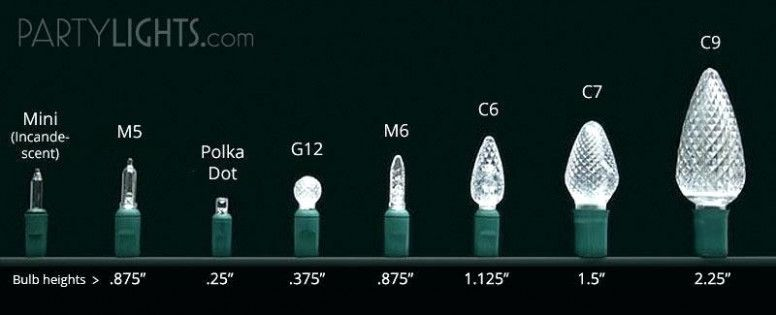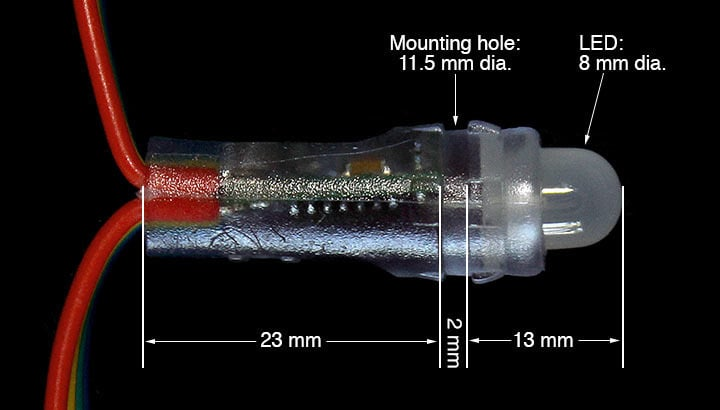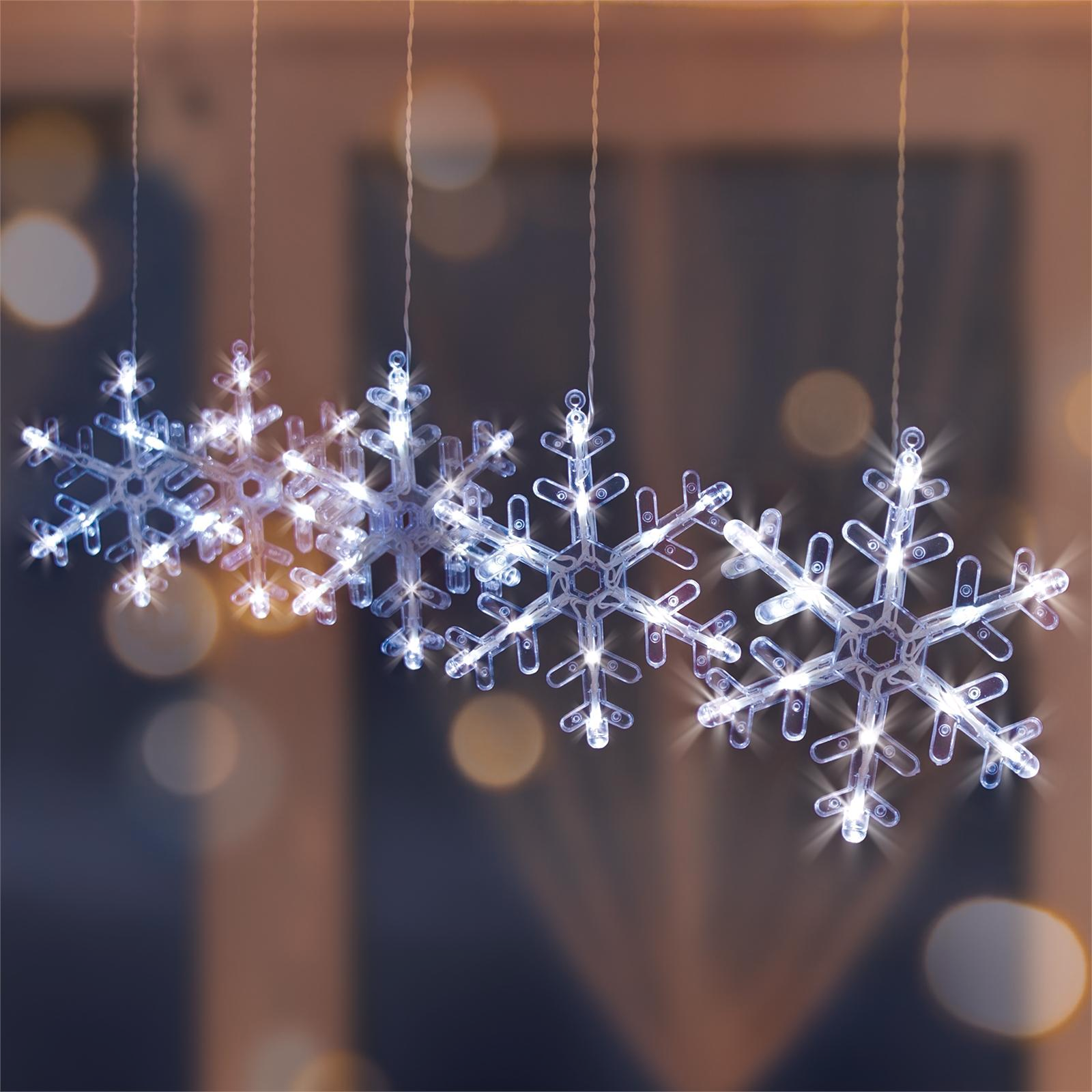3DPrinting
3DPrinting is a place where makers of all skill levels and walks of life can learn about and discuss 3D printing and development of 3D printed parts and devices.
The r/functionalprint community is now located at: or [email protected]
There are CAD communities available at: [email protected] or [email protected]
Rules
-
No bigotry - including racism, sexism, ableism, homophobia, transphobia, or xenophobia. Code of Conduct.
-
Be respectful, especially when disagreeing. Everyone should feel welcome here.
-
No porn (NSFW prints are acceptable but must be marked NSFW)
-
No Ads / Spamming / Guerrilla Marketing
-
Do not create links to reddit
-
If you see an issue please flag it
-
No guns
-
No injury gore posts
If you need an easy way to host pictures, https://catbox.moe may be an option. Be ethical about what you post and donate if you are able or use this a lot. It is just an individual hosting content, not a company. The image embedding syntax for Lemmy is 
Moderation policy: Light, mostly invisible
view the rest of the comments



I would just run clear PETG to see how it does, and keep the model files on hand in case they need to be replaced. PETG/s UV resistance is decent and will certainly last at least a continuous year or two in most exposure situations, and it is by far the most cost effective and easiest to print; it's cost effective enough that even if they begin to fail after 2 years, you can print more. and at <$20/kg, it's the cheapest to experiment with.
Polycarb will be more UV,thermal, and impact resistant but not sure it's worth the added cost and printing difficulty for this kind of project. The one major benefit it would have is higher light transmittal vs clear PETG, but it's really not by much, and probably not worth the $15+/kg premium over PETG.
Any opinion on specifically which clear PETG I should get?
Never had Overture steer me wrong. I use Overture almost exclusively for ASA and they're reliable, don't see any reason why they wouldn't work for PETG too.
Their cardboard spools aren't Bambu AMS compatible (or compatible with any filament solution that relies on spool edge rollers), so keep that in mind.
Inland is Microcenter's in home brand and I've heard good things about them too.
?
I've run Overture cardboard spools in my Sunlu filament dryer directly into my printer many times with no incident. It has rollers for the spool edges, no center axle. And other brands' cardboard spools as well.
Ah. Well bambu ams has issues with their rollers slipping on cardboard spools unless you print a clip on ring that covers the outer edges, only because bambu uses the rollers to backdrive the spool when unloading. Not so for basic feeders
Is there any reason to think Creality would be a particularly good choice because it matches the brand of my printer? (If not, I'll get the Overture.)
Not really any correlation. Plastic filament is plastic filament. About the only outlier would be Bambu with their rfid AMS identification system. But even then, I've put 5 different brands through my Bambu printer and honestly, Bambu filament has performed the worst lol (it's more wet than most out of the box and needs drying).
Overture. IDK where Creality gets their filament but I guarantee they don't make it themselves and printers are their business, not filament.